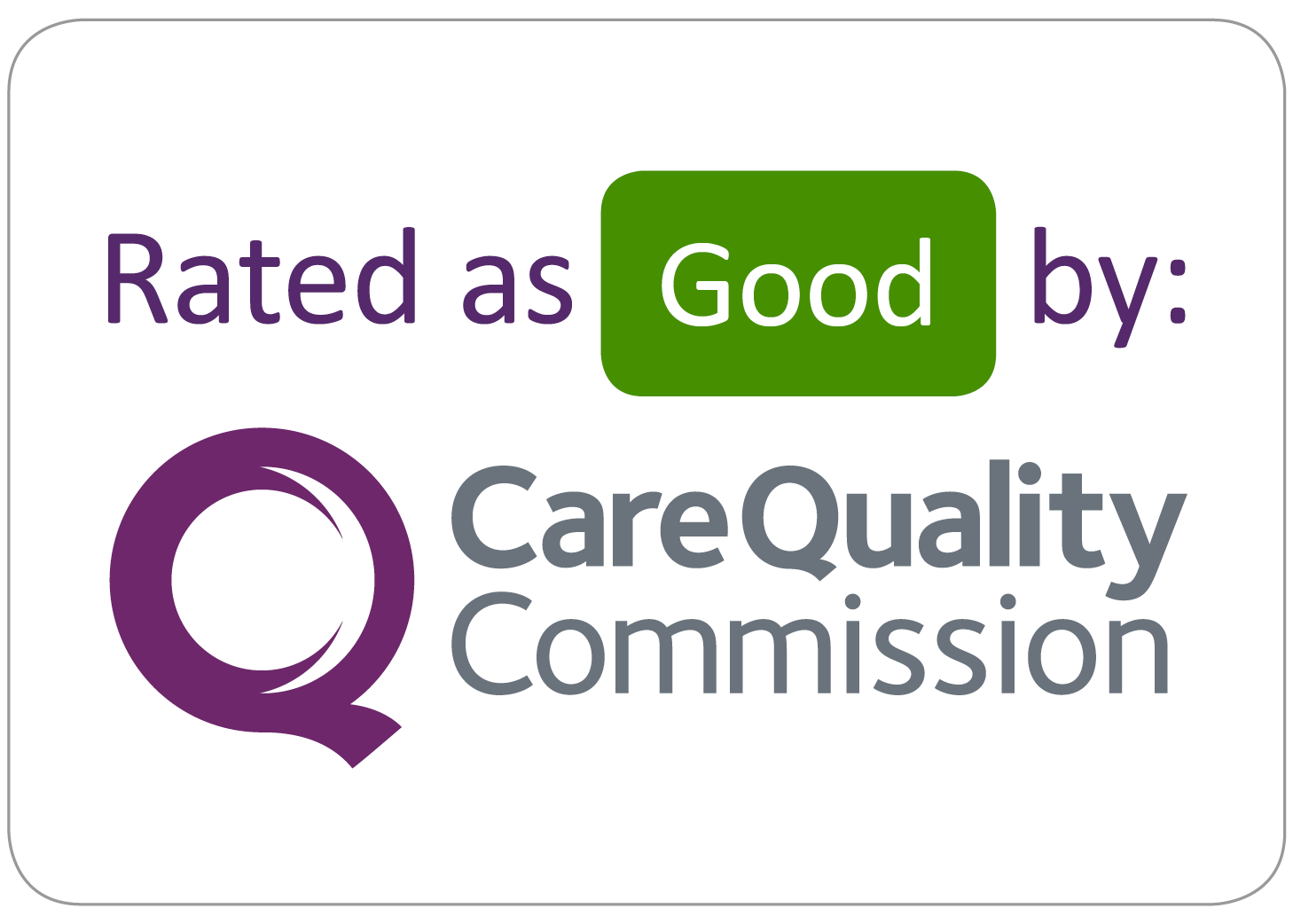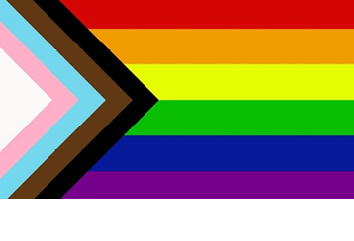Neonatal Unit
Having a baby in neonatal care can be worrying for parents, but the staff looking after your baby will make sure you receive all the information, communication and support you need. If your baby needs to be transferred to SCBU, we make it a priority that you have your own room, though it’s important to remember this is not always possible and cannot be guaranteed. You are also encouraged to visit your baby as often as possible if your own health allows.
Babies can be admitted to neonatal care for several reasons, including when they:
- are born early (links to an external website) – 1 baby in 13 is born early, and babies born before 34 weeks may need extra help with breathing, feeding and keeping warm
- are very small and have a low birthweight
- have an infection
- have a mother who has diabetes (links to an external website) and have trouble maintaining their own blood sugars
- have severe jaundice (links to an external website)
- had a very difficult birth
- are waiting for, or recovering from, complex surgery
Touching and holding your baby
The special care baby unit may seem strange and confusing at first, especially if your baby is in an incubator or on a breathing machine. There may also be tubes and wires attached to their face and body.
The nurses caring for your baby will explain what everything is for and show you how you can be involved in your baby's care. You may be able to change your baby's nappy, wash them and change their clothing. Once your baby's stable, you'll be able to hold her or him. The nurses will be able to help you take your baby out of the incubator and show you how to have skin-to-skin contact. Your baby will benefit greatly from physical contact with you. You can talk to your baby as well – this can help both of you.
You should wash your hands carefully and dry them thoroughly before touching your baby.
Feeding
To begin with, your baby may be too small or too sick to feed themselves. You can express some of your breast milk, (links to an external website) which can be given to your baby through a tube. A fine tube is passed through his or her nose or mouth into the stomach. This won't hurt them.
Talk to a midwife at the hospital about how you can express breast milk for your baby. The hospital also have electronic breast pumps you can use.
Breast milk has many benefits, especially for sick or premature babies, as it's enriched with proteins (antibodies), fats and minerals. If your baby can’t have your breast milk to begin with, the milk can be frozen and given to them when they're ready. When you go home, you can express milk for the nurses to give while you're away. There's no need to worry about how much milk you produce – every bit helps your baby.
Incubators
Babies who are very small are nursed in incubators rather than cots to keep them warm. You can still have a lot of contact with your baby. Some incubators have open tops, but if your baby's incubator doesn't, you can put your hands through the holes in the side of the incubator to stroke and touch them.

















